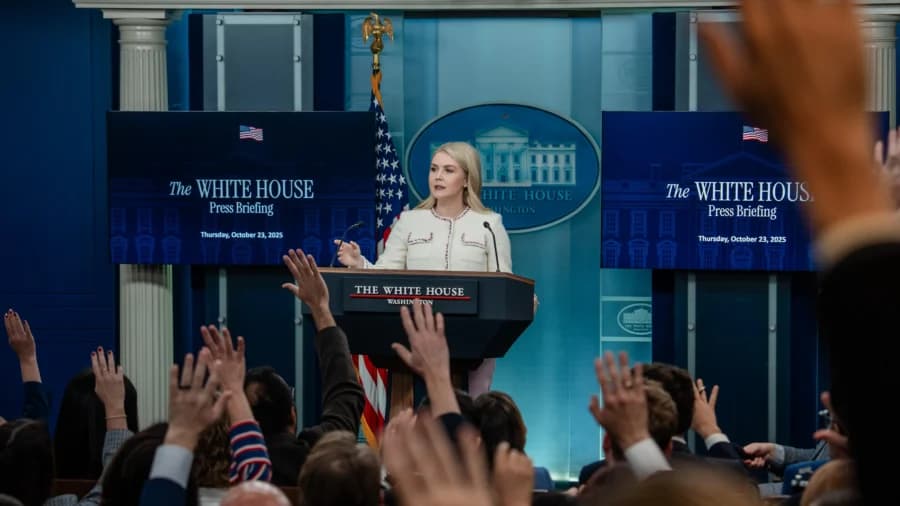White House Seizes Control of Press Pool, Sparking Outcry Over Journalistic Independence

Washington D.C. – The White House has implemented sweeping changes to its press access policies in 2025, seizing control over the selection of journalists for its press pool and restricting access to key West Wing areas. These moves have drawn sharp criticism from media organizations and veteran journalists, who warn of a significant threat to journalistic independence and transparency. The White House Correspondents’ Association (WHCA) has vehemently opposed the changes, stating that the government should not choose its own press corps.
Veteran journalist Carla Marinucci, known for her coverage of California and national politics, weighed in on the developments, tweeting, "> Eerily similar to the shameless crowd of hand-picked faux “journalists” in the White House press corps (apologies to the few remaining exceptions)." Her statement reflects a growing concern among media professionals regarding the administration's approach to news coverage. The White House, under Press Secretary Karoline Leavitt, announced in February that it, not the independent WHCA, would determine which outlets gain access to the president for intimate events.
This policy shift marks a departure from decades of precedent where the WHCA managed the rotating pool reporters. Critics, including WHCA President Eugene Daniels, argue that this move "tears at the independence of a free press in the United States" by allowing the government to select who covers the president. The administration has also been observed promoting "Trump-friendly outlets" and conservative influencers, while simultaneously removing traditional news organizations like the Associated Press and HuffPost from the pool.
Further restrictions were imposed in late October when the White House banned journalists from freely accessing "Upper Press," the area housing the press secretary's office. Citing national security concerns, the National Security Council now requires appointments for entry, a move the WHCA president, Weijia Jiang of CBS News, called a hindrance to the press's ability to hold the government accountable. This follows a similar crackdown at the Pentagon, where new restrictive policies led to a mass walkout by dozens of journalists in protest.
These actions are seen by many as part of a broader strategy to control the narrative and limit scrutiny. The administration's stance has led to comparisons with authoritarian regimes by some journalists, highlighting the severe implications for media freedom in the United States. The ongoing dispute underscores a contentious period in the relationship between the White House and the press, with significant questions raised about the future of independent reporting.